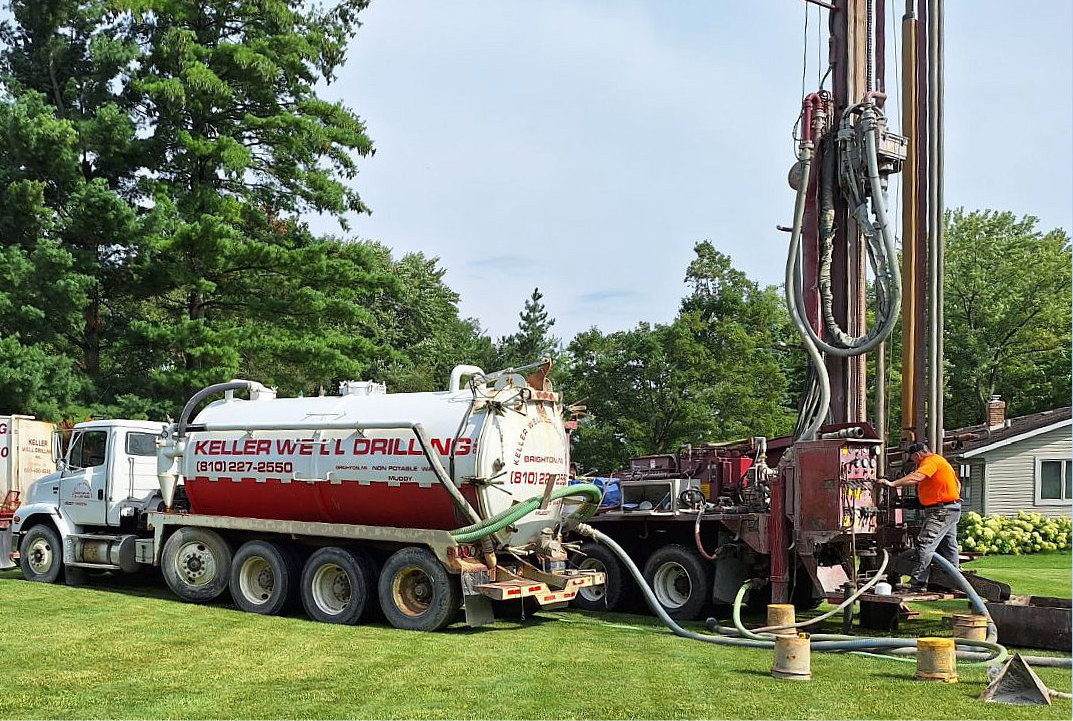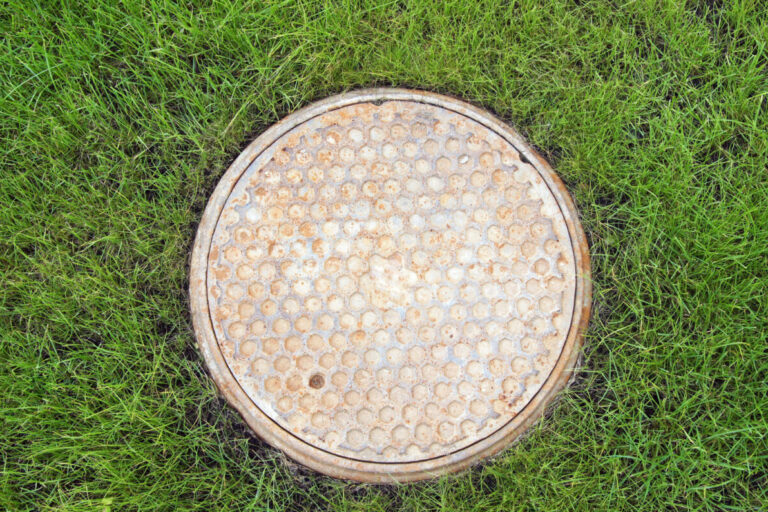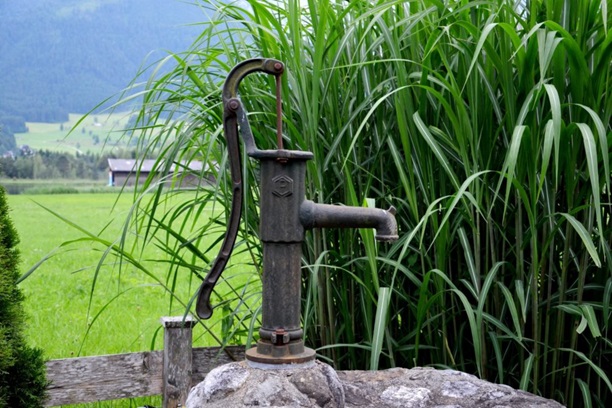Exactly How Does Water Well Drilling Work, Anyway?
If you’re wondering how water well drilling works, you are really not alone. From excavating to construction, learn more here!
You can source clean, pure water right from your land. First, however, you’ll need a water well.
Across America, many people gain access to water using a private well. Fifteen million United States households rely on private well water every day.
As with municipal water, private well water comes from the sky. Plants and other foliage will then absorb that water. However, they can’t absorb it all.
Excess water continues to move downward through spaces in the Earth’s rock. It will continue until it reaches a layer that’s too dense to pass. Here, it will remain and become a source of groundwater.
This saturated area of soil under the Earth is called an aquifer. It’s also a source for your private water supply.
Installing a water well isn’t a do-it-yourself project. Still, you need to know how water well drilling works and how to find a great Michigan service provider to install it.
To learn exactly how water well drilling works, read on.
Understanding Residential Water Wells
A residential water well starts with a deep hole that contractors drill into the ground. This opening is called a borehole. They then reinforce the borehole so that it maintains its shape.
Usually, a well drilling professional will bring a drilling machine to your home to construct the borehole. They’ll use various techniques to drill the borehole to the desired depth.
The contractor will also remove excess material that may block the hole. They’ll use a combination of drilling and water circulation to get the job done.
The reinforcement for the borehole is called a casing. It prevents the walls of the well from collapsing. It also prevents contaminants from leaching into your private water supply.
The casing also houses the pumping mechanism. The pumping mechanism moves water from the well to your home.
It’s important to hire a contractor that will use quality materials to build your well. For example, the substandard casing cannot withstand the force required to drive it into the ground.
It can collapse under pressure, allowing surface water to enter your well. Avoiding this circumstance is important as not every water type is suitable for consumption. You only want to drink water that comes from an aquifer.
How Can I Have My Own Water Supply?
Often, people don’t think about the source of their water and what goes into making it refreshing and clean, until there’s a problem. Even if you already own a home with a private well, contractors most likely installed it before you moved in. If you’re having a well installed for the first time or replacing an old one, watching a well installation is quite exciting.
The contractor will start the process by bringing in a large drill to make the borehole. They’ll maneuver the equipment over the site of your future groundwater well. This equipment is called a drilling rig.
A drilling rig may use a rotary motor to bore into the Earth. Alternatively, the contractor may use a pounder, which punches a hole into the ground.
Your contractor may use various bits to bore the hole. Bits rotate counterclockwise into the Earth. As the bit loosens the soil, it carries rocks to the surface.
As the contractor drills the borehole, the bit gets extremely hot. The contractor will use water and mud to keep it cool.
The purpose of drilling to hole is to reach the aquifer. However, there’s more to creating a well than reaching the water source.
The contractor will continue to drill past the water source. This part of the job will ensure that your well doesn’t dry out over time. Usually, the contractor will continue past the aquifer between 100 and 500 feet deep.
The Big Day: Getting Ready for Water Well Drilling
Before drilling begins, the contractor must find a suitable location for your well. They must also obtain any needed permits for the project. Now, they can bring the drilling equipment to your property.
The contractor will then make the borehole. Next, they’ll install the casing of the well. They’ll use a well casing made of steel or plastic.
In some instances, the well may need a higher flow rate. This circumstance typically occurs if the subsurface of your land contains sand or gravel. In this case, the contractor will install a screen in the well to keep the sand and gravel out of your water.
The contractor must also install grout between the casing and the borehole. This vital protective layer helps keep your water safe to consume. Finally, the contractor will install the well pump that will siphon the water to your home.
Congratulations! You’re now the proud owner of a private water supply. Now, the only thing left to do is to enjoy water and care for your well as needed.
Finding a Great Local Water Well Contractor
Before you can enjoy the splendor of a private well, you’ll need to find the right Michigan contractor near you for the job.
The contractor will provide all the materials and labor to dig your well. It’s important to find a contractor that uses quality materials. However, what’s equally important is finding a contractor with the experience and skill to do the job right the first time.
By hiring a skilled contractor, you can rest easy knowing that they’ll do quality work. The wrong contractor, however, can make your dreams of pure, self-sufficient well water an unpleasant experience.
You can begin your research to find a great contractor by checking the Better Business Bureau website. The BBB maintains a record of complaints about local contractors.
This information will help you eliminate unsatisfactory candidates for the job. You may also find positive reviews about companies left by clients.
You should also conduct online research. Check review sites to see what people have to say about a potential contractor.
You can enter the company’s name in a search engine along with terms such as “complaint,” “rip off” or “scam.” You can eliminate some contractors from your search by finding results using this method.
Once you’ve narrowed down your results, start talking to contractors. Ask them for references from previous jobs.
The references will give you a good idea of what it’s like to work with a given contractor. Now, it’s up to you to choose a great Michigan contractor to dig your well.
Water Well Experts You Can Trust
Keller Well Drilling is proud of the water well drilling projects we’ve completed for Michigan homeowners. We are a family-owned and operated business. If you want to know more about installing a water well on your property, one of our experienced family members is just a phone call away.
At Keller Well Drilling, we care about the community. We actively support activities for kids, seniors, and schools in Livingston, Washtenaw, and Oakland counties. We’ll treat your well installation as if we were installing it in our own home.
Keller Well Drilling offers fair pricing and our quotes match the final invoice. Contact a friendly Keller Well Drilling expert today at (810) 227-2550 for a free estimate.




